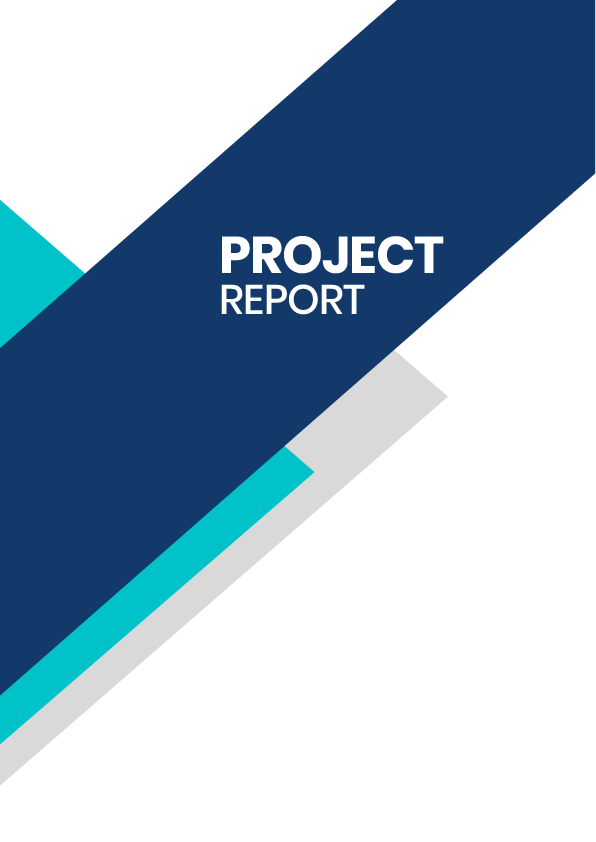Related Keywords
- Pitaya Cultivation
- Dragon Fruit Plantation
- Cactus Fruit Farming
- Exotic Fruit Cultivation
- ड्रैगन फ्रूट खेती
- पिताया उत्पादन
Overview of Dragon Fruit Farming and Its Market Potential
About Our Project Report for Dragon Fruit Farming
- Comprehensive feasibility study and business overview.
- Step-by-step dragon fruit cultivation practices and methods.
- Investment requirements, operational costs, and resource planning.
- Detailed analysis of dragon fruit farming cost and expected dragon fruit farming profit.
- Data on dragon fruit plant price, equipment, and input materials.
- Five-year financial projections with ROI and break-even analysis.
Dragon Fruit Cultivation: Setup Requirements
- Soil and Climate Requirements: Ideal temperatures, soil type, and pH balance.
- Planting Methods: Land preparation, spacing, and trellis system installation.
- Care and Maintenance: Irrigation, nutrient management, pruning, and pest control.
- Harvesting and Yield: Expected dragon fruit yield per acre and best harvesting practices.
Project Economics and Financial Feasibility
- Capital Investment (CapEx): Land, irrigation systems, trellis structures, and planting materials.
- Operating Expenses (OpEx): Labour, fertilizer, electricity, and maintenance costs.
- Revenue Estimation: Based on market price and average production.
- Profit Analysis: Breakdown of dragon fruit farming cost, expected dragon fruit farming profit, and ROI.
Dragon Fruit Business Plan and Growth Opportunities
Legal Requirements, Subsidies, and Support Schemes
- Relevant licenses and certifications for agribusiness setup.
- Available government subsidies and horticulture schemes under NHB and MIDH.
- State-level incentives for fruit cultivation and export support. This ensures that your venture aligns with legal and financial frameworks from the start.
Why Choose Finline for Your Dragon Fruit Farming Project Report
- Professionally drafted, bank-ready project reports.
- Real-time financial data and market research integration.
- Customizable templates for all business scales.
- Instant download and MSME compatibility.
Conclusion
Frequently Asked Questions
Get answers to common questions about Project report for dragon fruit farming.

Need expert service?
Please send a WhatsApp message to us, and our team of experts will guide you in creating a project report for bank loan.
Create Your own project report in less than 10 mins.
- Unlimited edits
- Unlimited downloads
- Up to 10 years of projections
- 20+ pages

Frequently asked questions
Everything you need to know about the product and billing.
Finline is an online tool for creating a project report for bank loan online and see the report for free online. You only need to pay for downloading the report.
Can I change my plan later?
Yes , ofcourse you can upgrade from a lite plan to a pro at anytime.
Can I edit the report after download ? is it chargeable?
You can do unlimited edits even after download without any extra payment.
What is the ‘lite’ and ‘pro’ plan ? Is it subscription based plans?
Lite and Pro are just individual report download plans , not subscription plans.
Do I require a CA seal & Stamp for getting a loan?
Not at all, project report is a business plan about your business and it should be prepared by an entrepreneur . Nobody can predict and certify a business which is going to happen in the future.
Can I get any assistance from your team?
Yes of course, you can go to the help section in all pages were you can find chat button for seeking support.
Can I get a project report format for bank loan through Finline?
Yes! Finline provides a ready-to-use project report format for bank loan. You can create it online, see it for free, and download it instantly for your loan application. This makes your project report format for loan easy to complete in just a few steps.
Do you provide a project report format for bank loan in excel?
Yes. Finline offers a project report format for bank loan in excel that is easy to edit and customize. You can also download a project report format for loan in excel if you prefer working offline.